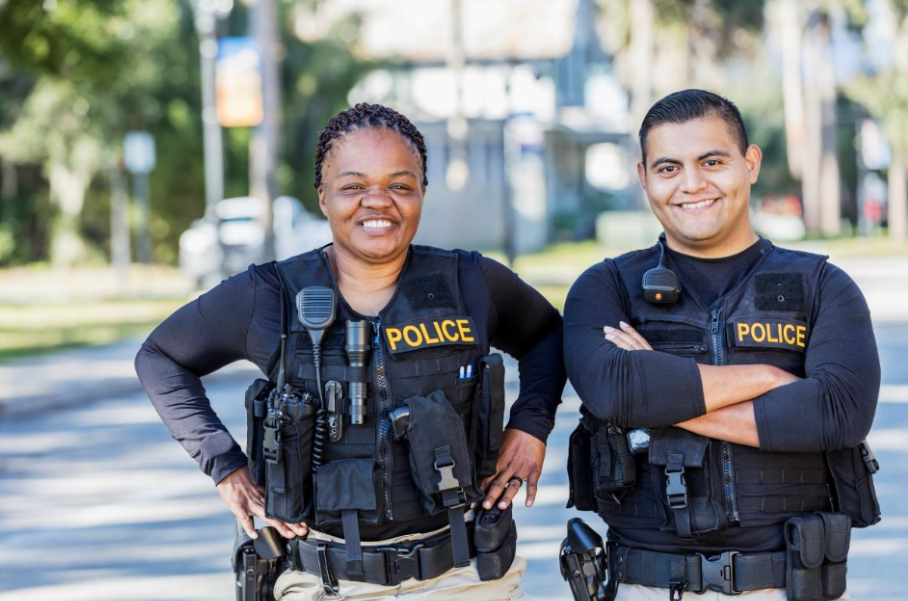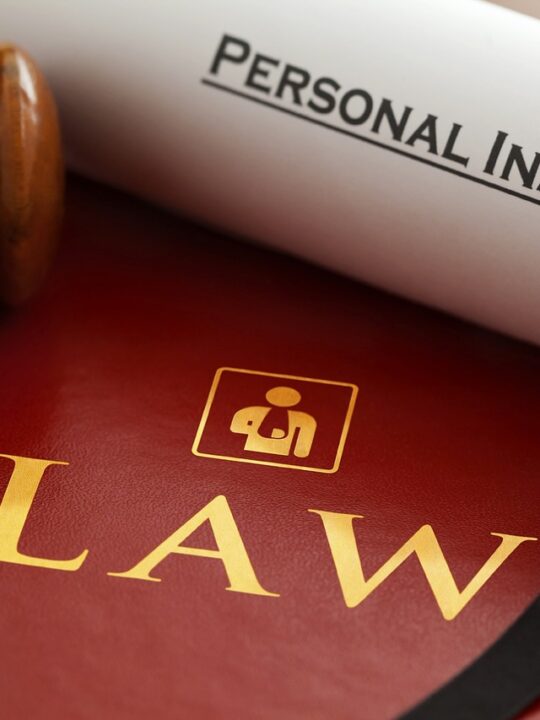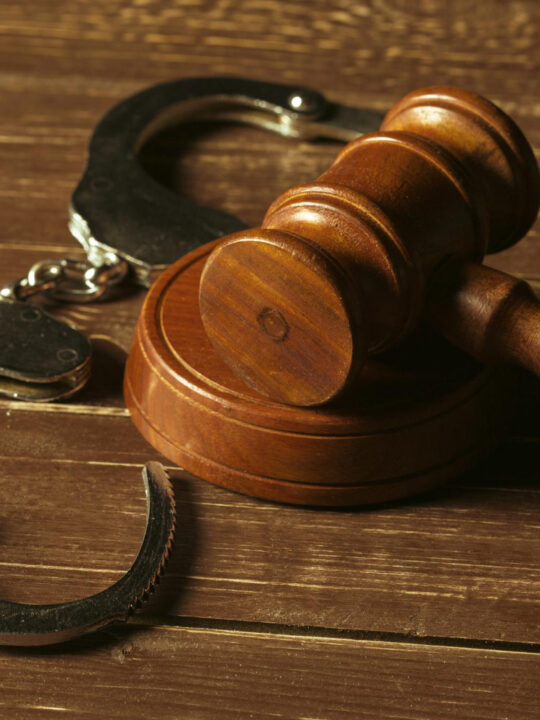 Modern-day policing varies greatly around the world. However, in every country, it has altered significantly over the years, adapting to changes in society, the law and public attitudes. In the early days of the US, it’s fair to say that policing was perhaps less efficient than it should have been. As early as the 1630s, a night watch patrolled Boston, and later New York, to try to keep crime at bay. This night watch, however, was made up of random volunteers and even criminals who were assigned the work as punishment, making it a fairly ineffective way to control crime.
Modern-day policing varies greatly around the world. However, in every country, it has altered significantly over the years, adapting to changes in society, the law and public attitudes. In the early days of the US, it’s fair to say that policing was perhaps less efficient than it should have been. As early as the 1630s, a night watch patrolled Boston, and later New York, to try to keep crime at bay. This night watch, however, was made up of random volunteers and even criminals who were assigned the work as punishment, making it a fairly ineffective way to control crime.
While the first official US police forces were established in Boston and New York in the 1800s, they still bore little resemblance to modern-day police forces. Police were originally tasked primarily with crime prevention and keeping public order, and only slowly, from the 1850s onwards, did some cities develop detective units with the purpose of actually investigating crimes that had already taken place.
The modern policing system in the US dates back to the early 1900s, and owes a lot to August Vollmer, often seen in the US as ‘the father of modern policing’. Vollmer brought an interdisciplinary approach to the management of police work, drawing from sociology, social work and psychology. He instigated new initiatives in policing education and was responsible for major changes in the US law and order system, creating, for example, a separate system for juveniles to be tried and punished within the criminal justice system.
Table of Contents
How did policing develop differently in other countries?
It is fair to say that while there are many differences between countries, the need for a system of law and order developed in many countries along a similar sort of time scale. In the UK, it can be argued that the first statutory police service was formed in Scotland as early as 1611. The High Constables of Edinburgh were given the duty of patrolling the city’s streets to prevent crime with the power to arrest the perpetrators. While the service bears little resemblance to modern-day policing in the country, the High Constables of Edinburgh still have a ceremonial function in Scotland to this day.
In England, the 1700s saw the development of the country’s own night watch, with paid watchmen and constables authorized to patrol the streets at night to prevent crime. In 1737, an Act of Parliament was passed with the aim of better organizing England’s night watch, specifying, for example, the number of constables that should be on duty each night.
Many people associate modern policing in Britain with the advent of an organization known as the Bow Street Runners, formed to help prevent the growing issues of corruption and wrongful or malicious arrest within the loosely regulated policing system. The Bow Street Runners were authorized to travel the country serving writs and arresting offenders on the authority of the magistrates’ court.
Most would agree, however, that the modern-day police force in the UK can most accurately trace its roots to 1829, when Home Secretary Robert Peel introduced the Metropolitan Police Act and created the Metropolitan Police, which is widely considered to be the first organized English police force, and the one that other organized regional forces are based on.
Commonwealth countries such as Canada and Australia have developed police forces that in many ways have more in common with the British policing system than the US one. Even as America’s nearest neighbor, Canada structures its policing very differently in some ways. For example, in Canada, police enact the single Canadian federal criminal code, whereas in the US, different states have their own criminal code, which may differ from the American federal criminal code. This, of course, has implications for how police officers are trained and how transferable their skills are across the country.
What has affected how policing has changed over the years?
Many things impact how policing changes over the years throughout the world, including changes in law and policy, changes in recruitment processes, the education and training required, budgeting and funding issues, public opinion, public inquiries, and research into the criminal justice system.
The history of policing in the US can be divided into three eras of policing, characterized by different periods in history and different social climates. The Political Era, between 1840 and 1930, was when police departments formed in major cities across the US.
This was followed by the Reform Era, which revolved around the social and political reform that was occurring in the nation from the late 19th century through to the 1920s. After this time, there was an evolution into the Community Era of policing, which effectively began in the 1980s and continues into modern-day policing practices.
The Community Era is characterized by a relationship between police departments and local communities, who ideally collaborate and cooperate to address important issues, including rising crime rates and concerns about racial inequalities in policing. Community-oriented policing is proactive, with a focus on a wide range of crime prevention strategies.
Police forces in other countries have followed similar patterns. Often, a period of reform follows a specific incident or inquiry, such as when the UK’s Macpherson Report was published after an inquiry into the way that the Stephen Lawrence murder investigation was handled by the Metropolitan Police in 1993.
The report found that a combination of professional incompetence, institutional racism and a failure of leadership had led to the case being mishandled. It made a total of 70 recommendations of how things could be improved, 67 of which led to specific changes in the law or in police practice over the following two years.
Who polices the police?
Each country must have in place a system of accountability and consequences for police officers that holds them to high standards, while not hampering their ability to do their job. The ability to carry out independent inquiries that lead to the publication of reports such as the Macpherson Report, and are taken seriously enough to lead to actual legal and policy changes, is vital. Systems of accountability are one of the aspects of policing that have changed over the years, and continue to evolve in a modern world.
This is being reassessed in the US in the wake of events such as the George Floyd murder, with a report, ‘Who Polices the Police? The Role of Independent Agencies in Criminal Investigations of State Agents’, stating that there is a clear need for “more oversight agencies with greater independence and more extensive powers”. One of the shifts that we can expect, and hope, to see in the future is a balance of power and responsibility that sees a consistent reduction in incidents and miscarriages of justice where policing cultures and systems are clearly at fault.
What sort of education is required to be a police officer?
We have come a long way since dragging criminals, and volunteers, off the street to serve in the night watch for one night at a time. The career path to becoming a police officer now involves a considerable amount of education and training, though again this can vary from country to country and, in the US, from state to state.
In the US, although extensive training is required, it tends to be provided by police academies, and it is rarely mandatory to hold a degree in law enforcement, or any other subject, to become a police officer. Those who hold one, however, will find that they are able to access more opportunities for advancement in their career, along with higher pay.
In Canada, the situation is similar. It is not mandatory to hold a relevant degree, but the completion of a college program or university degree is an advantage, both when it comes to being accepted onto a police training program and when it comes to career advancement.
There are also universities in Canada that now offer very specific and carefully tailored programs aimed at serving police officers, such as the Laurier online bachelor of policing. This is a program, created in partnership with law enforcement from across Canada, that is aimed at working and retired police officers with at least one year of professional experience. The program prepares officers for leadership roles in law enforcement and better equips them to pursue careers in related fields after leaving the police force.
As Canada is, without doubt, a society where educational credentials and continuing education are highly valued, it is likely that a willingness to participate in educational advancement programs will have a big impact on your career if you’re serving as a police officer there.
What does the future of policing look like?
There are a number of issues that police forces will have to address going forward, and these fall under several different categories.
The College of Policing in the UK has identified 10 trends that will impact the police’s future operating environment through to 2040, and while the research has a UK focus, the issues identified will have an impact on policing practices worldwide:
- Rising inequality and social fragmentation – potentially leading to more crime, violence and conflict arising from the impact of social issues and a more divided and polarized society.
- An expanding and unregulated information space – leading to the manipulation of information that is now emerging as a major threat to public life, due to conspiracy theories, ‘fake news’ and propaganda that is used to pollute online information environments and artificially shape public opinion.
- A changing trust landscape – whereby the relationship between institutions and citizens is under pressure, weakened by scandal, widening inequalities, and attacks on the relevance and accountability of prominent institutions.
- Technological change and convergence – while the development and convergence of new technologies will improve the capacity to solve problems of increasing complexity and urgency, they will also increase the risk of societal upheaval, political grievances and possibly violent conflict.
- A larger, older, more diverse population – trends that will increase demand on public services and necessitate tough financial choices and trade-offs for governments, potentially leading to more vulnerable people in the population and less funding for policing and other necessary services.
- Harnessing artificial intelligence (AI) – with the widespread adoption of AI bringing questions of ethics and regulation into sharper focus, and starting to challenge deeply held assumptions about work, privacy and human purpose.
- Workforce automation – if managed well, automation could boost productivity, reduce human involvement in potentially harmful activities, and even lead to greater wellbeing. However, it also comes with potential challenges, which could include job losses for vulnerable people, lower pay and more inequality.
- Economic transitions – leading to the global economy becoming more fragile as globalization evolves and economic power shifts from West to East, with impacts for economic health and knock-on effects that could aggravate a variety of social problems.
- Growing influence of non-state actors – such as technology companies in particular, which are using their influence to gain control over more data, with potential impacts across the whole of society.
- Climate change, environmental decline and competition for resources – which over time will increase in terms of social and economic costs and potentially lead to complex domestic and international tensions and conflicts.
Technology also probably deserves an extra mention. Interpol has stated: “In the coming decades, law enforcement will face an increasingly digitalized and complex world. As technological advances push the boundaries between the physical and the digital, the criminal landscape continues to become more transnational and more sophisticated.”
In addition, police accountability and the ‘policing of the police’ will continue to be an issue in the future. The George Floyd murder in the US and the case of Sarah Everard in the UK, who was abducted, raped and murdered by a serving police officer, are just two cases, internationally, that have focused public opinion on this.
Police are, of course, not above the law, and both officers in these cases faced trial and conviction for their crimes. When police officers commit crimes during the course of their duty, however, perhaps using their position to enable them to do so, many would argue that there need to be special measures in place to prevent and deal with these incidents.
Without doubt the social and political landscape will continue to change and evolve, bringing many new challenges for every aspect of regional, national and international policing.







